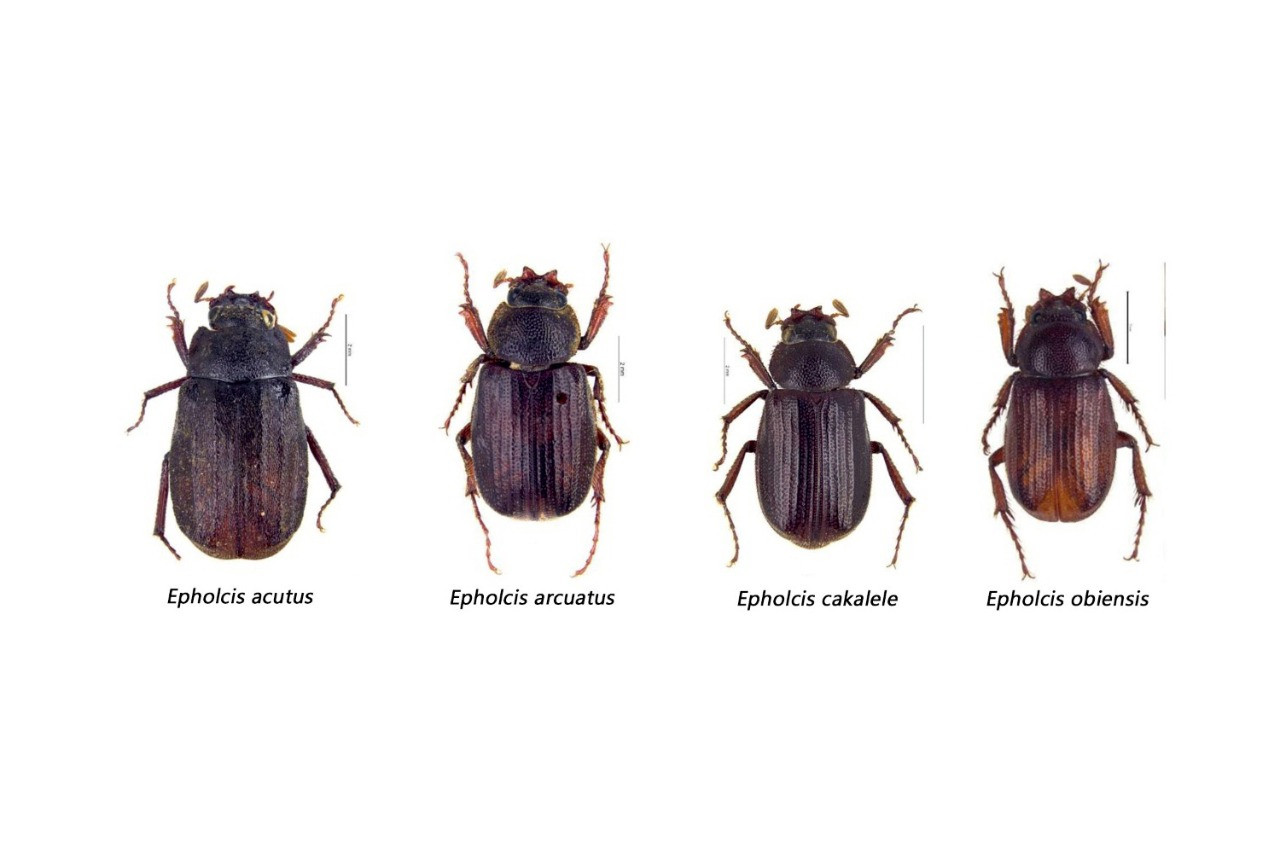Popular Reads
Top Results
Can't find what you're looking for?
View all search resultsPopular Reads
Top Results
Can't find what you're looking for?
View all search resultsResearchers discover four new beetle species in North Maluku
Change text size
Gift Premium Articles
to Anyone
R
esearchers from the Indonesian Institute of Sciences (LIPI) and Zoologische Staatssammlung in München, Germany, have discovered four new beetle species in North Maluku.
The four new beetle species have been identified as Epholcis acutus, Epholcis arcuatus, Epholcis cakalele, and Epholcis obiensis. The Epholcis genus is a nocturnal beetle.
The beetles were found through joint collaboration between LIPI researcher Raden Pramesa Narakusumo from LIPI and Zoologische Staatssammlung researcher Michael Balke during an exploration of the Maluku islands.
Pramesa said two of the beetles were named based on their physical appearances, acutus means “sharp edge”, while arcuatus means “bow-like”, referring to the species’ curved back leg. The cakalele beetle is named after a traditional Maluku dance, and obiensis is named after Obi, the island where it was found.
Pramesa also explained that the researchers used classic taxonomic methods to identify the species as new discoveries.
He said that Indonesia had a lot of potential for new beetle species discoveries. Currently, most beetle specimens are kept in the Zoologicum Bogoriense Museum in Bogor, West Java. (dpk)










